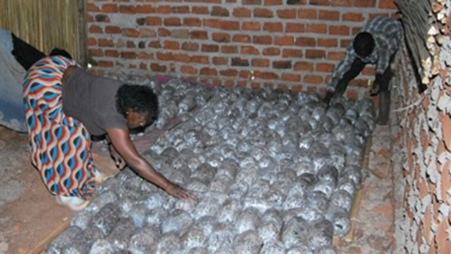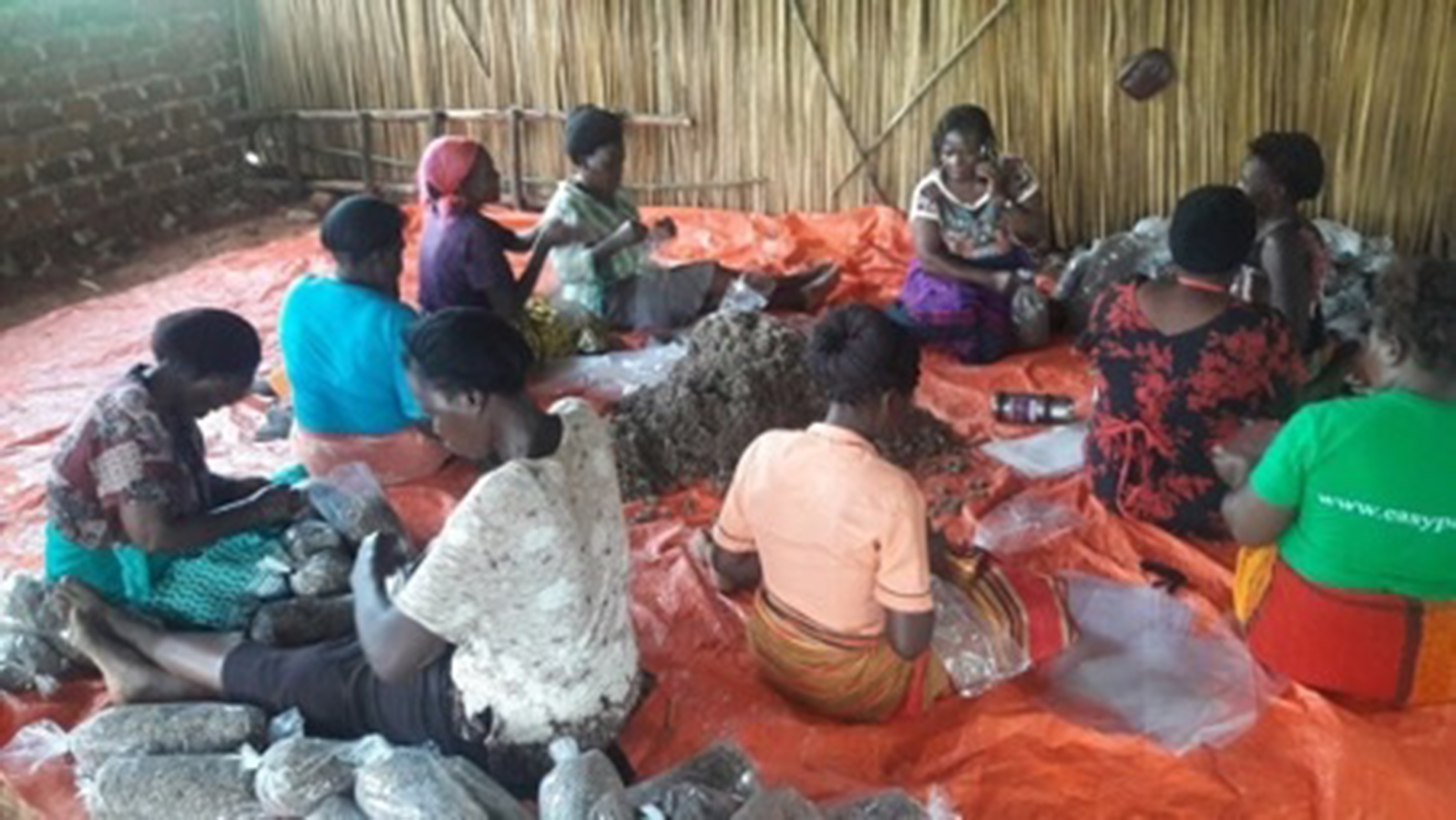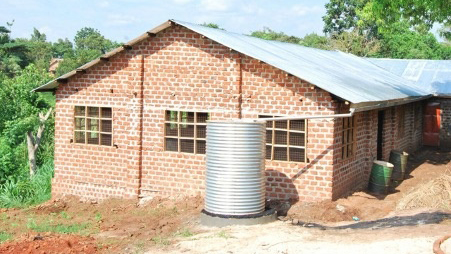Africa Development Promise has been supporting female cooperatives in Uganda for years and is now assisting them to transition from producer cooperatives to the hub model which places cooperatives at the centre of the value chain. The growth and success of cooperatives has been proven to reduce poverty but, above all, it means both food and better prospects for families. In a conversation with DevelopmentAid, the US-based non-profit shared their experience of working with cooperatives in Africa and, in particular, the new business model they are building.
Poverty in Uganda
Uganda is a land-locked country in East Africa with almost a fifth of the population living below the poverty line ($1.90 per day) which significantly limits people’s access to healthy food. The country also faces the challenge of having a fast-growing and very young population.
According to a survey conducted by Africa Development Promise (ADP) in Nangabo Sub-County of Wakiso District in Uganda, in 2016 prior to the implementation of its project, the average household monthly income was between $30 and $70. Less than 6% of households declared they earned more than $100, with an average of seven people per household. Furthermore, only 8% of those questioned had completed their secondary education.
How it all started
In 2015, Africa Development Promise started to work with the Epaphroditus Women’s Cooperative, a female-led mushroom growing cooperative in Uganda.

An assessment revealed the largest expense the cooperative had was the purchase of mushroom spawn bags (a common method of mushroom growing around the world). The cooperative was purchasing the bags at around $1 each and each bag would yield a minimum of 3-4 kilos of fresh oyster mushroom per day.

To cut out the expense of purchasing spawn bags, ADP partnered with the National Agricultural Research Organization (NARO), an agency of the Ministry of Agriculture, Animal Industry and Fisheries (MAAIF) that conducts agricultural research and offers extension services. NARO trained the women to produce the bags themselves and now the cooperative makes and sells the spawn bags, in addition to growing mushrooms for sale.

Despite its success in increasing members’ income, the cooperative faced several challenges in expanding as a business enterprise. It did not have its own growing facility and was unable to provide guidance and training to its members.

ADP helped the cooperative to overcome these challenges and, more than that, it supported Epaphroditus by providing a grow house that can hold up to 10,000 mushroom bags. ADP also supplied a water irrigation system and a solar drier. The latter allows the cooperative to add value to the produce by drying and preserving it thereby decreasing spoilage while also offering the cooperative access to regional and national markets.
Nonetheless, one challenge still remained – a less than expected return of investment rate.
“However, the mushroom production was still too low for commercial farming compared to the investments made. The lack of access to quality inputs, especially mushroom spores, was a limitation. So, we had to think about how we support them to grow the business based on the investment that we have made,” explained Monica LaBiche Brown, the Executive Director of Africa Development Promise, in a discussion with DevelopmentAid.
Becoming a hub
Working with the cooperative’s leaders, ADP explored other business models and decided to pilot an innovative hub business model where the cooperative becomes a ‘one-stop shop’ for mushroom inputs. Epaphroditus launched an out-grower scheme, also known as contract farming, to help to boost mushroom production. Building on their experience, the cooperative can train the out-growers to ensure quality production. Outgrowers can purchase inputs or buy readymade mushroom bags. The cooperative will buy back the mushroom at an agreed-upon price and the sizeable harvest will allow it to develop contracts with supermarkets and hospitals. At the moment, the cooperative has already trained some 22 outgrowers (of the 60 planned) and is currently trying to bring them under the cooperative umbrella. Although the Hub’s services will be offered to the community, members who fall under the cooperative umbrella will pay a highly subsidized rate.
“However, if they want to build this into a really profitable business, there is still more opportunity, and they realize that,” added the ADP Executive Director.
Since it is often difficult to buy fresh spawn on the market, ADP is also working with Makerere University in Kampala to develop a mushroom spawn lab at the Hub. Members will be trained on the production of mushroom spawns (another necessary input) thereby increasing the availability of spawn on the local market.
Overall, the Hub will serve as a rural business centre that supports and connects a network of farmers in the vicinity with each other as well as to markets, service providers, government extension networks, and other support services. It addresses the complete product value chain and in this case, is focused on the mushroom value chain.
“That is what we call the hub model. They grow from being producer cooperatives to be an entity that supports other farmers around,” underlined Monica LaBiche Brown.
Building further
The availability of financial support is critical for members and outgrowers so the cooperative will expand its current savings and loans schemes. Through the scheme, members pool their savings and agree to provide and repay loans at an agreed-upon interest rate. This allows them to offer financial services as well as inputs and training for the production of mushrooms.
“These women farmers understand the value of cooperation and with time they are understanding the importance of sustainability and scale to reach more people,” concluded the ADP Executive Director.

